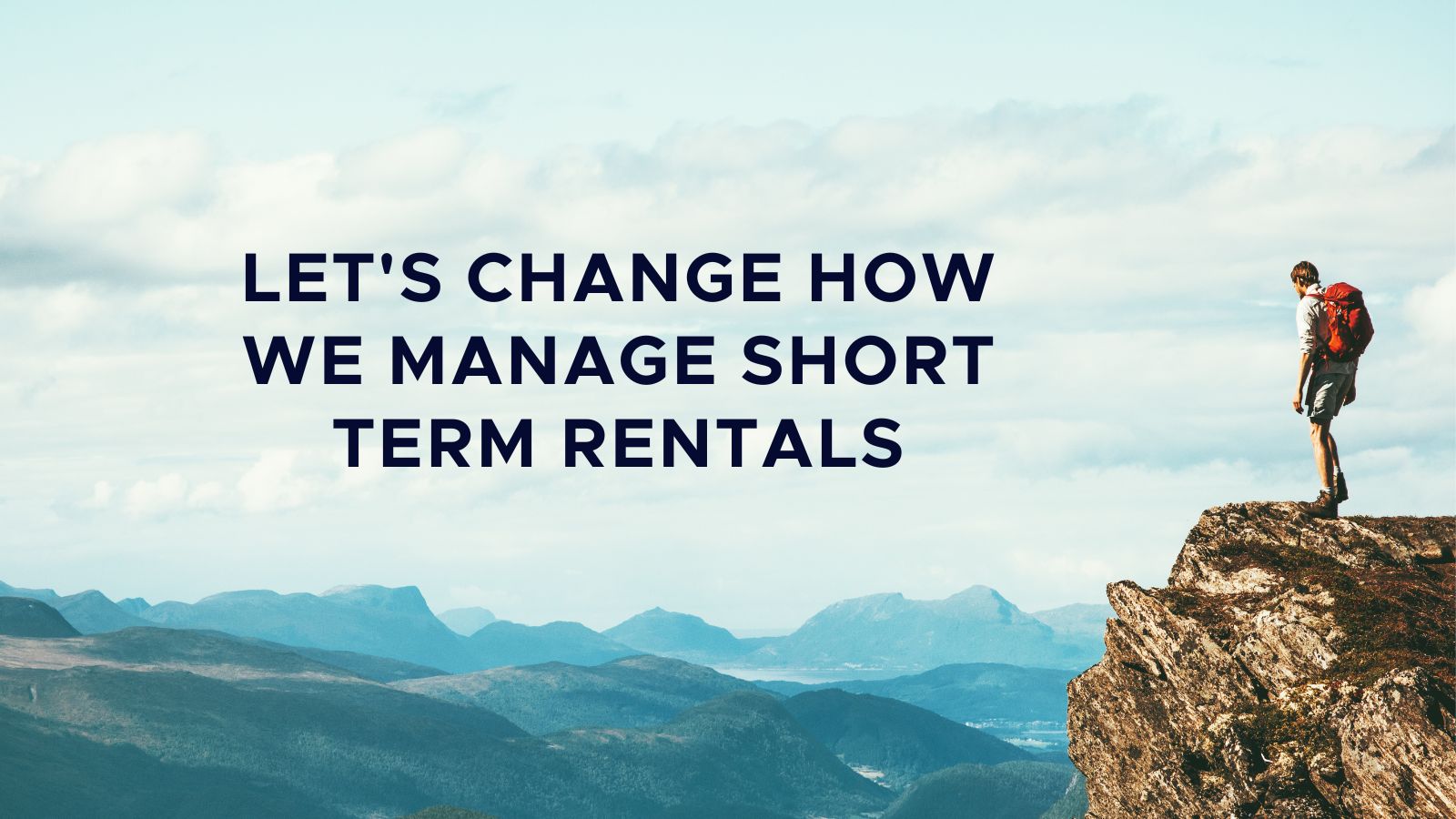COVID has changed the world in a profound and noticeable way. Every norm we’ve gotten used to regarding sanitation, cleanliness, distancing, and guest interaction is basically irrelevant. Keeping up with all of these changes is difficult, but we’ve put together a few ideas on how to manage your rentals which should help you better adapt to the current global situation.
We’ve been looking at search terms, guest interactions, surveys of hosts and property managers, and data gathered through the yada.ai platform to try and understand what guests are expecting now, what factors they consider to be most important when booking, and how they ultimately make the decision to travel or not.
First of all, the biggest decisions guests are facing is whether to travel or not at all. Lots of people are browsing AirBnB, booking, VRBO, and other platforms in a manner which is most akin to ‘window shopping’. They haven’t made the decision to travel yet, but they’re looking for any excuse to pull the trigger or not.

This is in stark contrast to the way lots of people traveled before the pandemic - they had set dates when they wanted to be away, and planned around that. They’d typically go somewhere farther away, i.e. Boston to Key West, and shop around that area.
I recently ran a poll in a couple of travel and staycation related groups, and starting putting together data to support my hypothesis that a substantial portion of the travel that’s happening around urban areas is primarily middle to upper income people looking to get away for a few days, usually within a radius of a couple hours, and usually pretty spur of the moment.
I got 37 responses, and out of these 37, over 30 were people making $60,000 or more, traveling for the weekend or part of the work-week, and staying within 100 miles of their home. I followed up with many of the recipients to see what were their motivations for traveling, and why they made the choices to stay relatively close to home. Anecdotally, I was doing all of this during a weekend hiking trip to the Berkshire mountains, which are roughly 90 minutes away from Boston!
I was only able to have conversations with 14 of the poll respondents, but the ‘profile’ of why they traveled and how far they went was fairly consistent. Most people were getting away for 3-4 day weekends, using one or two of the days to work-from-home, and spending the other two days (Saturday + Sunday) relaxing with the friends they took the trip with. No agendas, itineraries or plans. When I asked them why they chose the locations they did, the replies were uniform. Everyone was looking for something within 2-3 hours away so that they could head out after the work day was over and still be there before 9:00pm.
Location, location, location was key. Not specific locations, but somewhere different. Somewhere where there’s a change of pace and scenery. Affordability. And grills. Search terms and poll responses all indicated that a large portion of these travelers were simply looking for places to go with their friends or partners to unwind for a few days, do some grilling, spend some time in nature, and unwind. And, because many are in a complete work-from-home routine, the importance of weekends has diminished. You can be receiving guests all seven days of the week.
How best to capitalize on this?
Emphasize the atmosphere. Emphasize the outside. Emphasize that it’s a destination where people want to go to do nothing. Don’t emphasize how many things there are to do. Don’t focus on the attractions, the points of interest, the neighborhood, the bars, the activities. Emphasize that guests can just go there with their friends or partners, relax, and unwind.



